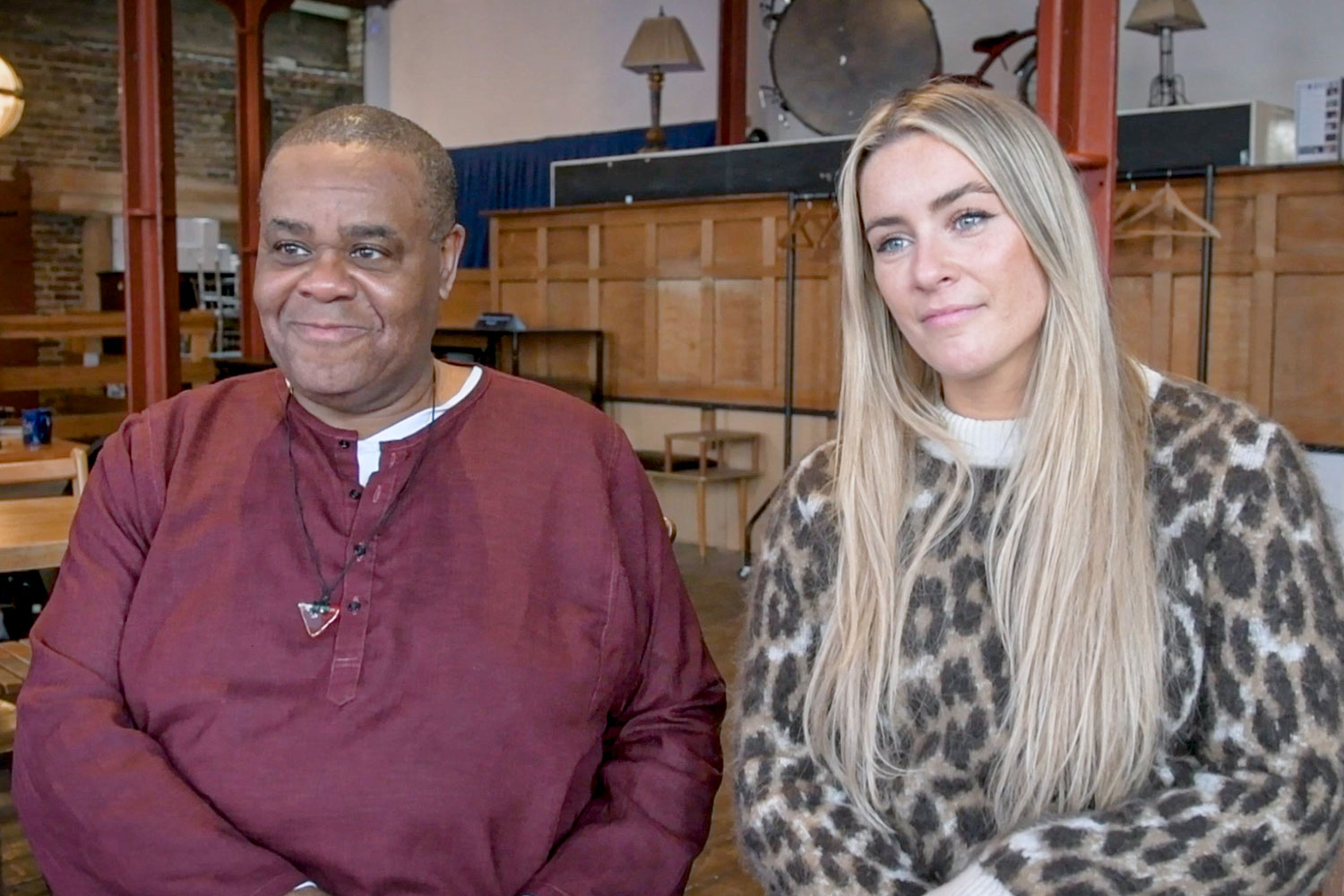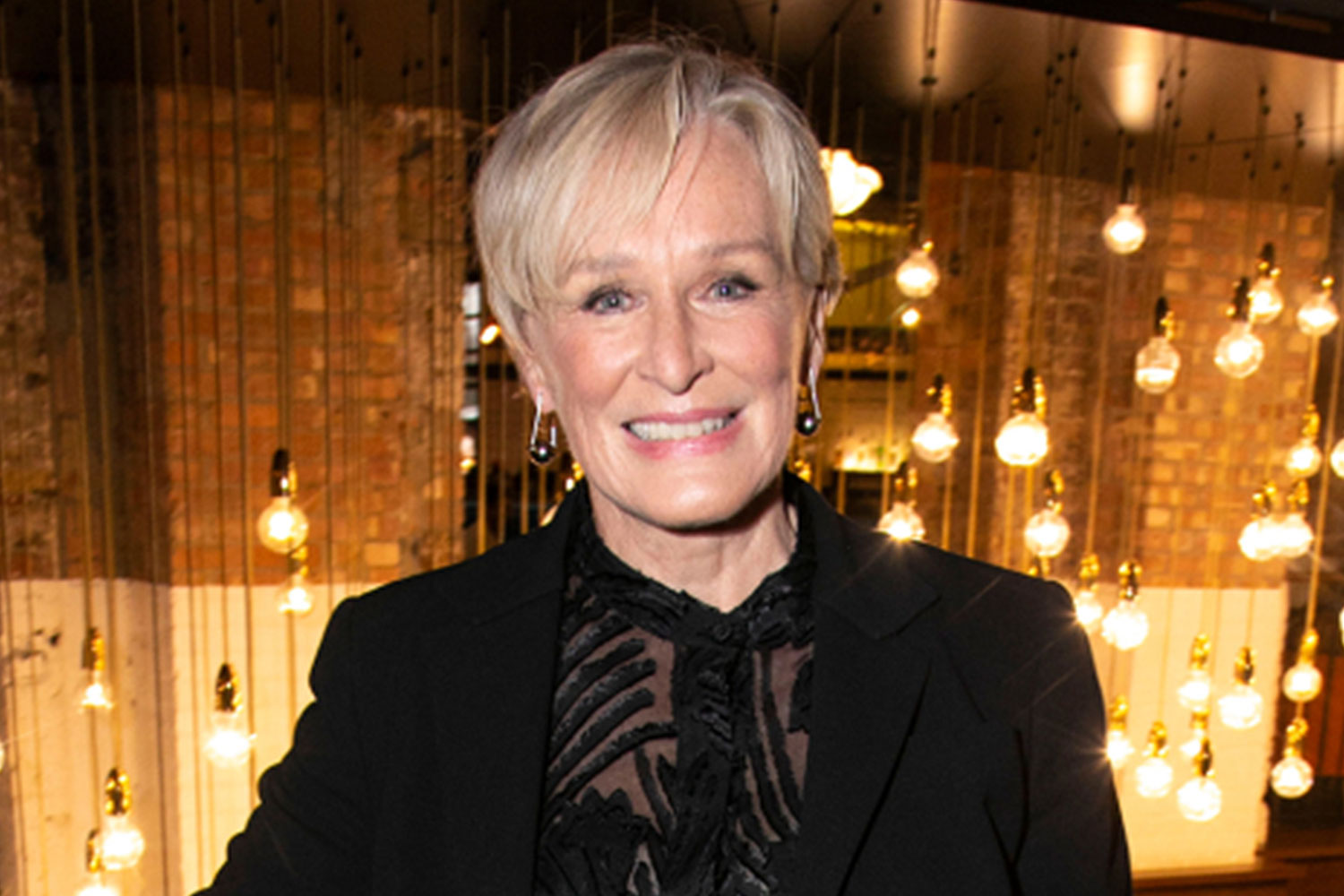Far Pavilions
Just when shows like The Producers and Spamalot (on Broadway) have made it safe to go to musicals again simply to have a good time, along comes this lumbering great Asian white elephant of a musical that sets the genre back 20 years to the long shadows cast by Les Miserables.
There’s nothing new in that, of course. Les Mis has spawned any number of imitators on both sides of the Atlantic – from Jane Eyre and Jekyll and Hyde on Broadway to Tess over here – that earnestly fillet epic romantic novels, full of incident and character, and condenses them into big through-sung theatrical spectacles.
But then there’s nothing new in The Far Pavilions to justify the extravagantly staged effort or expense either, notwithstanding the passing orchestral and choreographic nod to its exotic north Indian setting that inevitably recalls another recent West End show, Bombay Dreams (though without any comparable sense of ironic fun).
And certainly no effort or expense has been spared here in Gale Edwards’ production. With a hard-working cast of nine principals, an ensemble of 23 plus three kids, and an orchestra of 14, that’s nearly 50 on stage and in the pit alone. Nor do Lez Brotherston’s lavish design or Andreane Neofitou’s beautiful costumes stint on ravishing the eye (though I could have done without the constantly turning revolve that mainly seems to slide a low ramp wall into and out of view).
Meanwhile, the constantly churning, convoluted narrative that book writer Stephen Clark has condensed from a best-selling 960-page novel by MM Kaye into two-and-a-half hours of stage time is both galloping and difficult to follow at times. Sketched against the social, political and military background of a quarter of a century of Indian history from 1857 as the subcontinent was taken over by the British Raj, it simultaneously seeks to tell the story of one man’s troubled identity, as we (try to) comprehend the journey of one Ashton Pelham-Martyn.
Pelham-Martyn is an orphaned Englishman brought up as a Hindu in India (where he’s known as Ashok). After the death of his native foster mother, he reclaims his Britishness via a Marlborough and Sandhurst education, before returning to India as a British army officer. The inevitable moment arrives: “Let the journey start/the journey of my heart”, as he’s divided between the conflicting romantic claims of his past (a childhood sweetheart, Princess Anjuli) and present (a woman called Belinda, with Clark’s lyrics helpfully telling us such gems as: “She’s skittish/he’s British” and “he’s willing/she’s thrilling”).
All of this is communicated against the relentless wash of the blandly anthemic musical statements and soupy, syrupy tunes of composer Philip Henderson – it’s Les Mis without that show’s melodic sweep. But it’s performed with a fierce vocal conviction by a cast that includes Hadley Fraser as Ashton, Simon Gleeson as his best friend Lt Walter Hamilton, Gayatri Iyer and Dianne Pilkington as the two women in Ashton’s life, and David Burt, giving another of his hapless turns as a stock villain.
Would that the show were half as engaging or involving as the company’s undoubted talents.
– Mark Shenton










